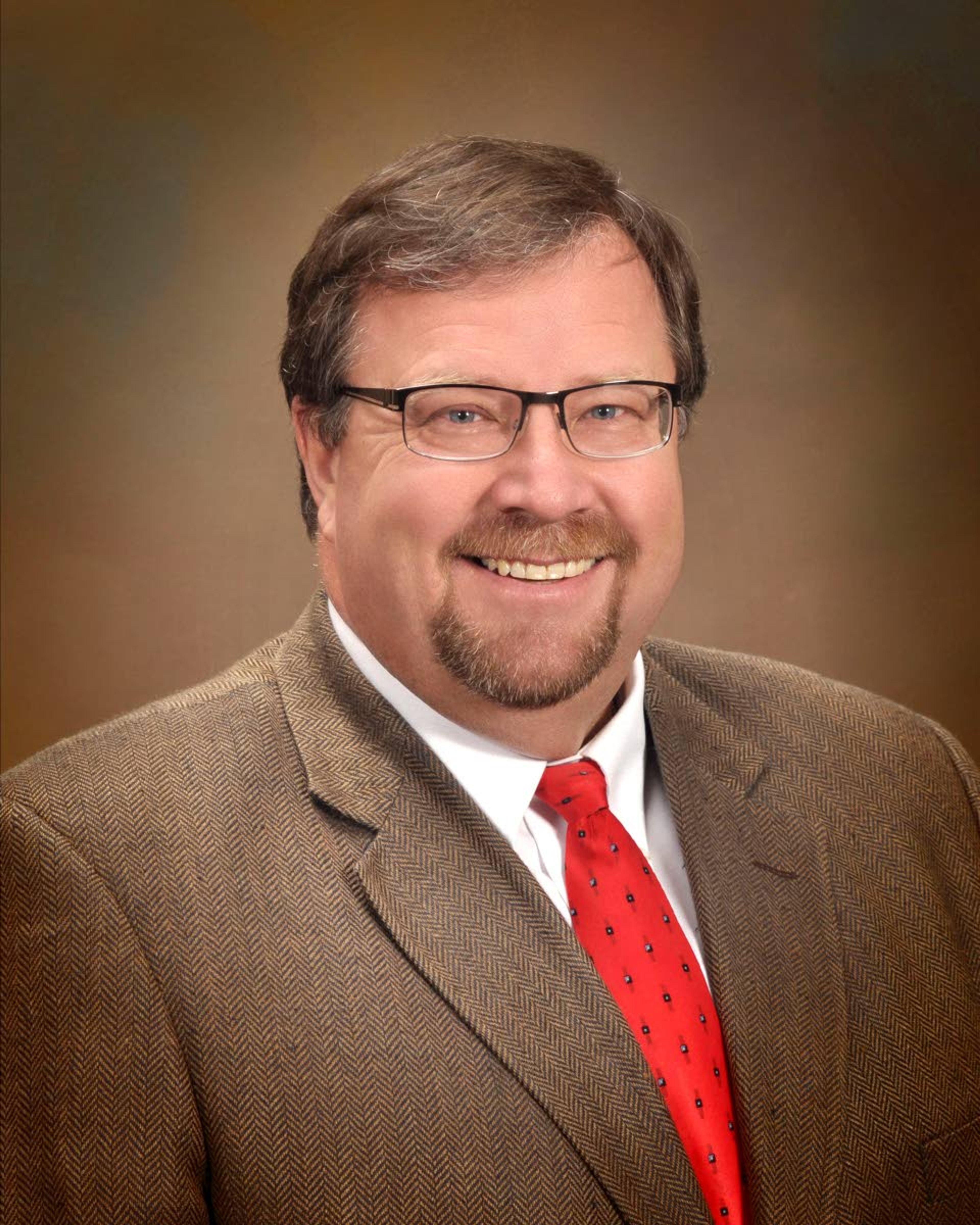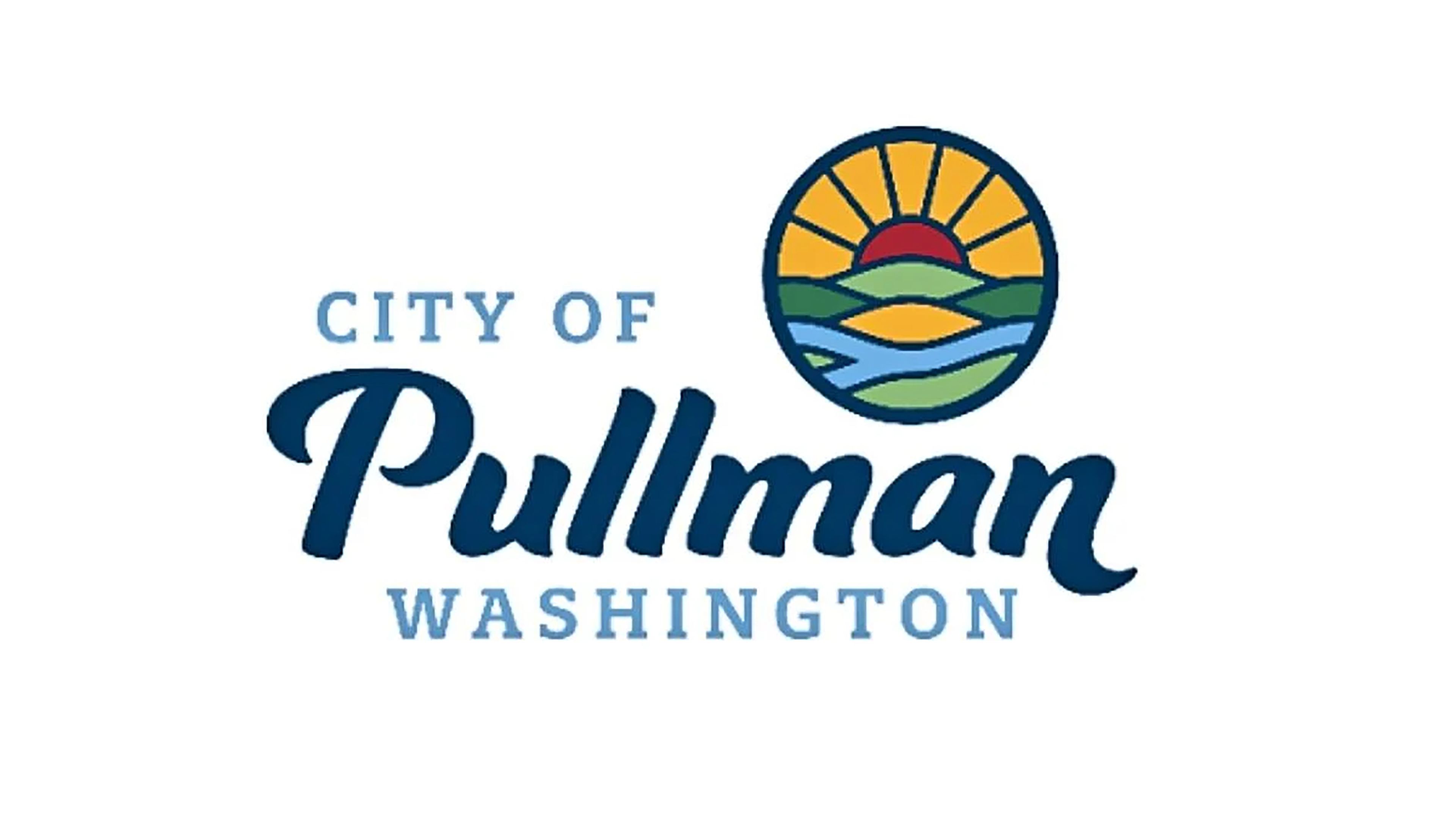Moscow mayor’s emergency powers could see changes
Certain activities, like assembly and religious activity, would not be exempt from public health emergency orders
Activities like speech, assembly and religious activity would not be exempt from public health emergency orders under Moscow city code if the city council approves the proposed code change at next week’s council meeting.
At a Moscow City Council Administrative Committee meeting Monday, City Attorney Mia Bautista also recommended providing the mayor the flexibility to include infractions or civil penalties in a public health emergency order — instead of a more serious misdemeanor citation that could result in jail time — if an order is violated.
The proposed code changes come on the heels of the city’s legal department asking the Latah County Magistrate Court to dismiss misdemeanor charges issued against five people for allegedly violating the city’s amended public health emergency order, or face mask/social distancing order, and resisting and obstructing justice.
One of the five charged at the September anti-mask protest in the Moscow City Hall parking lot is former Latah County Commission candidate Gabriel Rench, R-Moscow, who lost the November election to incumbent Tom Lamar, D-Moscow.
In a city news release Friday, the legal team indicated while city code gives the mayor the authority to issue public health emergency orders, exemptions to such an order include “any and all expressive and associative activity that is protected by the U.S. and Idaho Constitutions, including speech, press, assembly, and/or religious activity” unless those are specifically prohibited.
September’s event was promoted as a psalm singing event hosted by Christ Church in Moscow.
The order states it applies to “every person in the City of Moscow,” but does not specifically provide that the order applies to speech, press, assembly and/or religious activity protected by the U.S. and Idaho constitutions, the release said.
City Supervisor Gary Riedner said in the release that the mayor and City Council intended the order to apply to all persons in the city, regardless of the nature of activities.
Bautista said Monday that Moscow police officers “acted in a lawful manner” at the September City Hall event.
“Our law enforcement officers, this is definitely a time where they are being scrutinized and ridiculed for the work that they do and what’s happening nationwide impacts them locally as well,” Bautista said.
She also said Mayor Bill Lambert had the authority to issue the public health emergency order, the City Council had the power to extend it and the order is valid as it is written.
Bautista proposed repealing the exclusions section of the Emergency Powers code to avoid future confusion. She said the mayor can still choose to list specific exclusions in a public health emergency order.
The Emergency Powers ordinance vests the mayor with temporary powers in times of emergency for seven days. The City Council can then extend the time of the emergency powers beyond the seven days by resolution.
The council most recently extended it to June 9 unless the council terminates it sooner based on improved COVID-19 conditions.
As for the penalty section of the code, Bautista proposed building in flexibility to include infractions or civil penalties. The code currently states that any violation of the order is a misdemeanor.
“We’ve tried to give the mayor the flexibility to fashion the penalty to match the danger that’s being presented to the public,” Riedner said.
Another proposed amendment includes making clear that the Emergency Powers ordinance includes all public emergencies, not just public health ones.
“I think it vastly improves the ordinance and should relieve a lot of the confusion that people have had over the last several months,” Riedner said of the proposed changes.
The council Administrative Committee was receptive to the suggested changes. The full City Council will discuss the proposed amendments at its next meeting, which is set for 7 p.m. Jan. 19.
Garrett Cabeza can be reached at (208) 883-4631, or by email to gcabeza@dnews.com.








